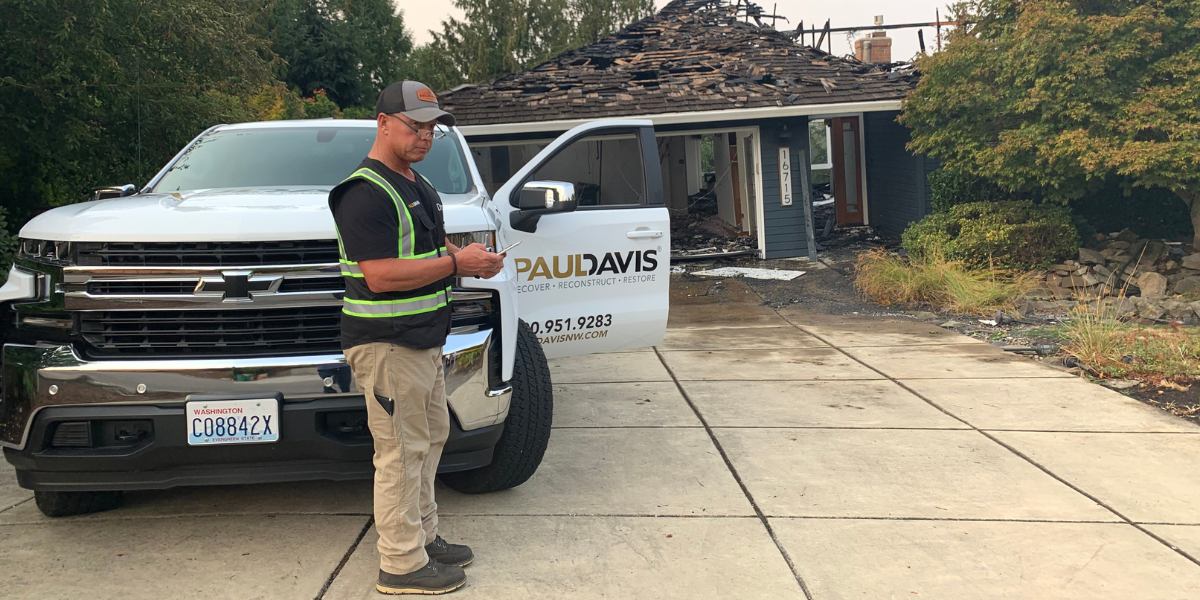The housing market in Virginia, like many other regions across the United States, has experienced significant shifts in recent years. Understanding the dynamics of this market is crucial for both potential buyers and sellers. In this article, we’ll delve into the current state of the housing market in local Virginia, exploring trends, challenges, and opportunities. This website provides more Real Estate related services.
Overview of the Housing Market in Virginia
Virginia’s housing market is diverse, comprising urban centers, suburban neighborhoods, and rural areas. Cities like Richmond, Virginia Beach, and Arlington are known for their vibrant real estate scenes, attracting buyers with a range of preferences and budgets. The state’s proximity to Washington, D.C., also influences its housing market, with commuters seeking homes within reasonable distance of the nation’s capital.
Current Trends
Rising Home Prices: In recent years, Virginia has witnessed a steady increase in home prices, driven by factors such as population growth, low inventory, and low mortgage rates. This trend has made homeownership less affordable for many, particularly first-time buyers.
Inventory Challenges: One of the significant challenges in Virginia’s housing market is the limited inventory of homes for sale. This scarcity has intensified competition among buyers, leading to bidding wars and driving prices even higher.
Shifts in Preferences: The COVID-19 pandemic has influenced housing preferences, with an increasing number of buyers prioritizing larger homes with dedicated office spaces and outdoor amenities. Suburban and rural areas have seen heightened interest as remote work becomes more prevalent.
Regional Variances
Northern Virginia: The Northern Virginia region, including counties like Fairfax, Loudoun, and Prince William, remains one of the most competitive housing markets in the state. Its proximity to Washington, D.C., and robust job market contribute to high demand and rising home prices.
Coastal Virginia: Areas along Virginia’s coastline, such as Virginia Beach and Norfolk, offer a mix of urban and beachfront properties. While these areas attract tourists and home buyers alike, they also face challenges such as rising sea levels and hurricane risks.
Central and Western Virginia: Counties in central and western Virginia, including Charlottesville and Roanoke, provide more affordable housing options compared to their urban counterparts. These regions offer a slower pace of life and access to natural amenities like mountains and rivers. Click here to learn more.
Impact of Economic Factors
Job Market: Virginia’s diverse economy, with sectors like technology, government, and defense playing significant roles, influences its housing market. Areas with thriving job markets tend to experience higher demand for housing and more competitive prices.
Interest Rates: Fluctuations in mortgage interest rates can affect housing affordability and demand. While historically low rates have spurred home buying activity, even slight increases can deter potential buyers and impact the overall market dynamics.
Challenges for Homebuyers
Affordability: The increasing cost of housing in Virginia presents a significant barrier to homeownership for many residents, particularly those with moderate incomes. Affordability concerns are further exacerbated by rising property taxes and utility costs.
Limited Inventory: With fewer homes available for sale, buyers often face fierce competition and must act quickly when desirable properties hit the market. This can lead to stressful experiences and force some buyers to compromise on their preferences.
Opportunities for Sellers
Seller’s Market: Virginia’s housing market, characterized by high demand and low inventory, favors sellers in many areas. Sellers may receive multiple offers and secure favorable selling prices, especially if their properties are well-maintained and located in desirable neighborhoods.
Investment Potential: Real estate investment opportunities abound in Virginia, ranging from traditional rental properties to short-term vacation rentals. Investors can capitalize on the state’s growing population and strong rental demand to generate passive income and build wealth.
Government Initiatives and Policies
Affordable Housing Programs: Recognizing the need for affordable housing, local and state governments in Virginia have implemented various programs to assist low- and moderate-income residents. These programs may include down payment assistance, tax incentives for developers, and subsidies for affordable housing projects.
Zoning Regulations: Zoning regulations play a crucial role in shaping the housing landscape in Virginia. Local governments often enact zoning ordinances to regulate land use, density, and development patterns. Understanding these regulations is essential for developers, homeowners, and buyers alike, as they can impact property values and neighborhood aesthetics.
Impact of Demographic Shifts
Millennial Homebuyers: As millennials enter their prime homebuying years, their preferences and priorities are influencing the housing market in Virginia. This demographic cohort tends to prioritize amenities, walkability, and access to public transportation, leading to increased demand for urban and suburban properties close to amenities and employment centers.
Aging Population: Virginia, like much of the United States, is experiencing an aging population driven by factors such as increased life expectancy and the aging of the baby boomer generation. This demographic trend has implications for housing demand, with a growing need for age-friendly housing options, such as single-story homes and communities with amenities for older adults.
Conclusion
The housing market in local Virginia is a dynamic landscape shaped by various factors, including economic trends, demographic shifts, and evolving buyer preferences. While challenges such as affordability and inventory constraints persist, opportunities exist for both buyers and sellers to navigate the market successfully. By staying informed about market trends and seeking professional guidance, individuals can make informed decisions to achieve their real estate goals in Virginia’s diverse communities.
Published by: Nelly Chavez









